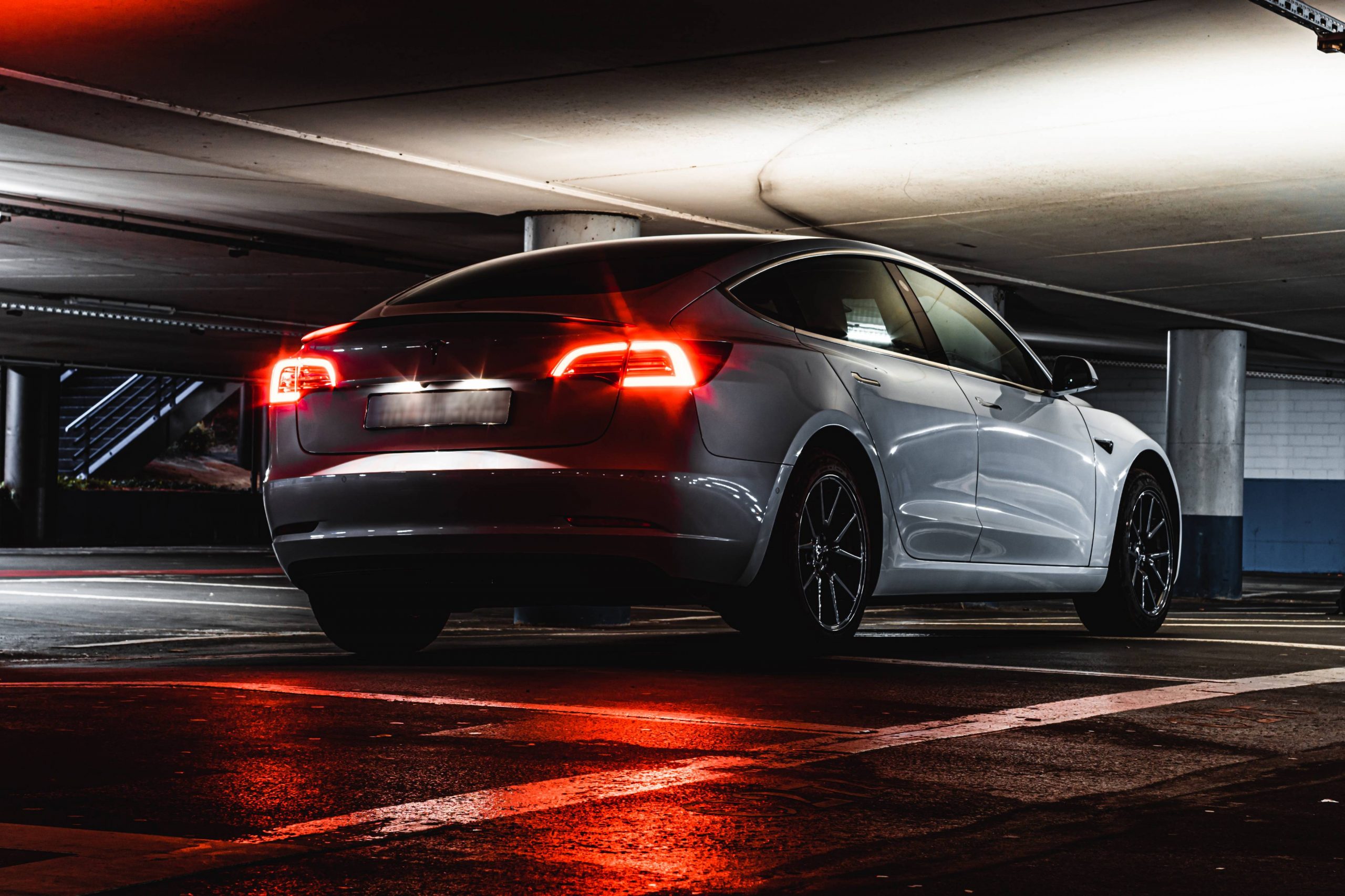
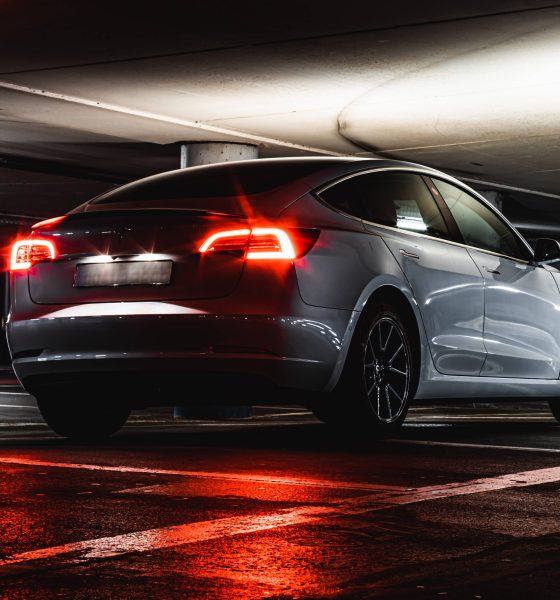
News
Teslas and other EVs could enter a golden decade with newly-introduced US bill
Teslas and other electric cars may very well enter a golden age of sorts in the United States, if a newly-proposed bill makes it through. Dubbed as the Electric CARS Act, the bill aims to update the EV tax credit by extending it for ten years and removing the number of eligible vehicles per manufacturer. The bill also seeks to support the buildout of more electric car charging infrastructure.
A federal tax credit of up to $7,500 is currently available for customers who purchase an electric vehicle. However, the current system phases out this credit after an automaker sells its first 200,000 electric cars. Tesla and General Motors have both passed this threshold, which means buyers of both companies’ electric vehicles no longer receive their $7,500 tax credit. With this system in place, the United States practically makes incentives for car buyers to purchase imported EVs instead of those from local automakers like GM.
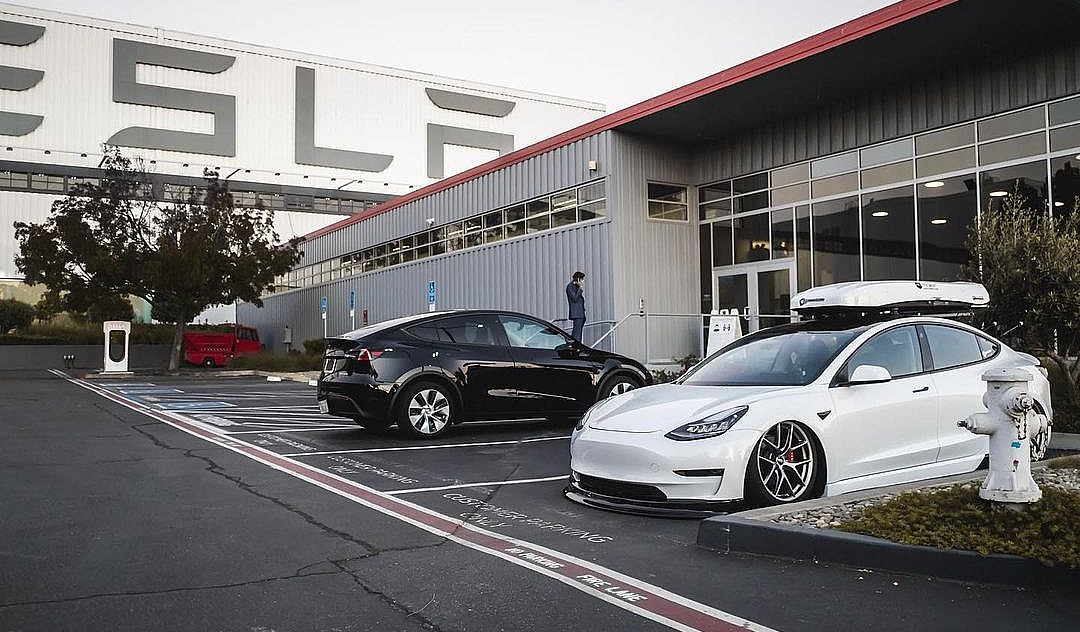
Tesla, for its part, has been pushing its electric vehicles without the $7,500 tax credit since the end of 2018 (reduced credits were implemented over 2019), when the company passed its 200,000-vehicle threshold. Fortunately, Tesla’s vehicles like the Model 3 and Model Y have stood well on their own merits, garnering critical and consumer support even without tax credits. If the Electric CARS Act passes, companies like Tesla could make an even stronger push into the automotive sector.
The Electric CARS Act aims to improve the federal tax credit through the following means:
- The elimination of the cap for EV makers. The bill would allow consumers access to the tax credit for the next ten years, regardless of the manufacturer they buy their EV from. Under these terms, even Tesla and GM electric car buyers would be able to get their tax credits once more.
- A 5-year use period. The bill would allow buyers to use their respective tax credits over a 5-year period, meaning that EV customers could apply the credit either at the point of purchase or later on. Such a system would make the tax credit more applicable to buyers without large tax liabilities.
- Charging infrastructure support. The bill would provide a 10-year extension of tax credits for alternative fuel vehicles and charging infrastructure. This incentivizes the buildout of EV charging systems like Tesla’s Supercharger Network and other rapid charging services like Electrify America.
The Electric CARS Act is sponsored by Jeff Merkley (D-OR) and Rep. Peter Welch (D-VT), both of whom highlighted the importance of the electric vehicle sector in the United States. In a statement to Channel 21 News, Merkley stated that the bill is apt considering the ongoing climate chaos. He also highlighted the importance of supporting EVs made by American workers in American factories.
“As climate chaos continues to ramp up with record-setting winter storms, violent hurricanes, and catastrophic wildfires, it is imperative that we transition away from gasoline-powered vehicles, which are fanning the flames of the crisis. Consumers are already looking for electric cars, and this bill will help drive adoption faster—and make sure more of those cars are made by American workers in American factories,” Merkley said.
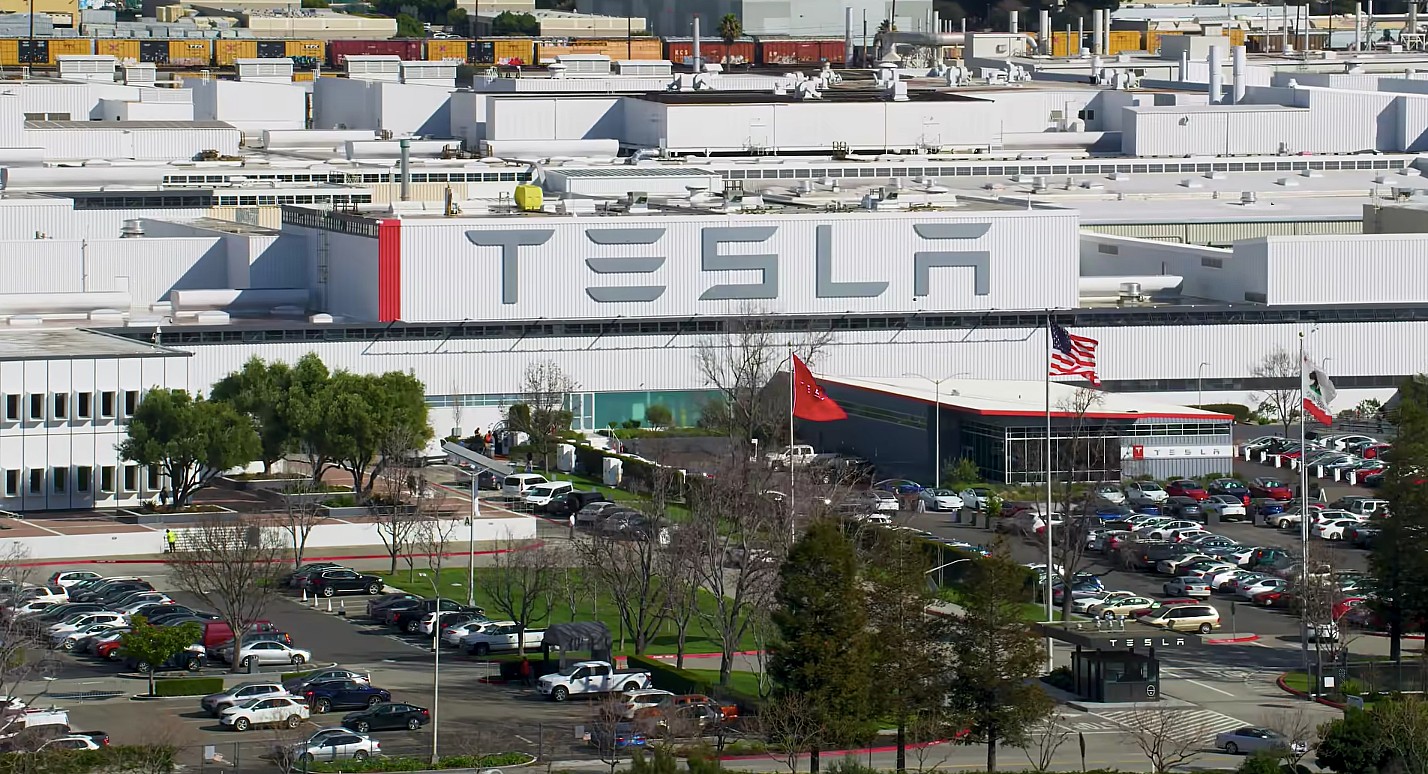
Welch, for his part, explained that supporting electric cars would be a common-sense win for consumers, especially considering that EVs are practical to own.
“We need to quickly and aggressively invest in electric vehicles to combat the global climate emergency that threatens all of our local communities. Owning an electric vehicle can be cheaper and offers significant public health and environmental benefits, but for many Americans, they are unaffordable at the dealership. This bill makes the next generation of electric vehicles accessible to more people by allowing them to receive the electric vehicle tax credit right away. Encouraging electric vehicle adoption is a common-sense win for consumers, the environment, and American workers,” Welch noted.
Led by Tesla and its S3XY line, electric vehicles have disrupted the automotive industry, even without the presence of the $7,500 tax credit. With the Electric CARS Act in effect, companies like Tesla could reach an even bigger consumer market, bringing EVs further into mainstream buyers. Ultimately, the newly-proposed bill has the potential to usher in a golden age of electric cars in the United States. After all, if Tesla could emerge as a competitive automaker even without the country’s primary EV incentive, one could only imagine the heights the company could reach with less handicaps.
The text of the Electric CARS Act could be viewed below.
21.02.23 Electric Cars 2021 by Simon Alvarez on Scribd
Don’t hesitate to contact us for news tips. Just send a message to tips@teslarati.com to give us a heads up.

News
Tesla Semi pricing revealed after company uncovers trim levels
This is a step up from the prices that were revealed back in 2017, but with inflation and other factors, it is no surprise Tesla could not come through on the numbers it planned to offer nine years ago. When the Semi was unveiled in November 2017, Tesla had three pricing levels:
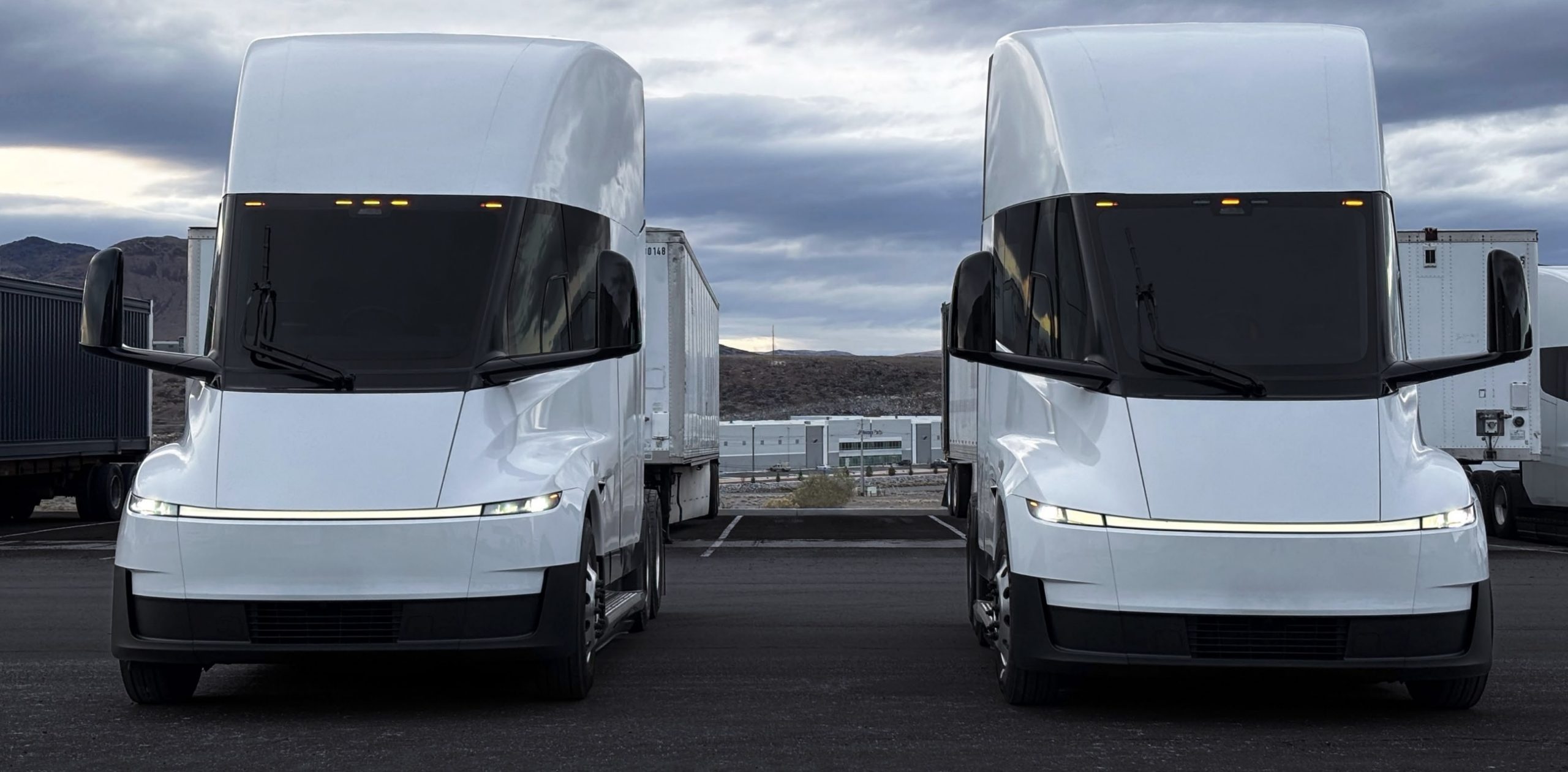
Tesla Semi pricing appears to have been revealed after the company started communicating with the entities interested in purchasing its all-electric truck. The pricing details come just days after Tesla revealed it planned to offer two trim levels and uncovered the specs of each.
After CEO Elon Musk said the Semi would enter volume production this year, Tesla revealed trim levels shortly thereafter. Offering a Standard Range and a Long Range trim will fit the needs of many companies that plan to use the truck for local and regional deliveries.
Tesla Semi lines up for $165M in California incentives ahead of mass production
It will also be a good competitor to the all-electric semi trucks already available from companies like Volvo.
With the release of specs, Tesla helped companies see the big picture in terms of what the Semi could do to benefit their business. However, pricing information was not available.
A new report from Electrek states that Tesla has been communicating with those interested companies and is pricing the Standard Range at $250,000 per unit, while the Long Range is priced at $290,000. These prices come before taxes and destination fees.
$TSLA – TESLA IS QUOTING $290,000 FOR ITS 500-MILES ELECTRIC SEMI TRUCK – ELECTREK
— *Walter Bloomberg (@DeItaone) February 10, 2026
This is a step up from the prices that were revealed back in 2017, but with inflation and other factors, it is no surprise Tesla could not come through on the numbers it planned to offer nine years ago. When the Semi was unveiled in November 2017, Tesla had three pricing levels:
- $150,000 for a 300-mile range version
- $180,000 for a 500-mile range version
- $200,000 for a limited “Founders Series” edition; full upfront payment required for priority production and limited to just 1,000 units
Tesla has not officially released any specific information regarding pricing on the Semi, but it is not surprising that it has not done so. The Semi is a vehicle that will be built for businesses, and pricing information is usually reserved for those who place reservations. This goes for most products of this nature.
The Semi will be built at a new, dedicated production facility in Sparks, Nevada, which Tesla broke ground on in 2024. The factory was nearly complete in late 2025, and executives confirmed that the first “online builds” were targeted for that same time.
Meaningful output is scheduled for this year, as Musk reiterated earlier this week that it would enter mass production this year. At full capacity, the factory will build 50,000 units annually.
News
Tesla executive moves on after 13 years: ‘It has been a privilege to serve’
“It is challenging to encapsulate 13 years in a single post. The journey at Tesla has been one of continuous evolution. From the technical intricacies of designing, building, and operating one of the world’s largest AI clusters to impactful contributions in IT, Security, Sales, and Service, it has been a privilege to serve,” Jegannathan said in the post.
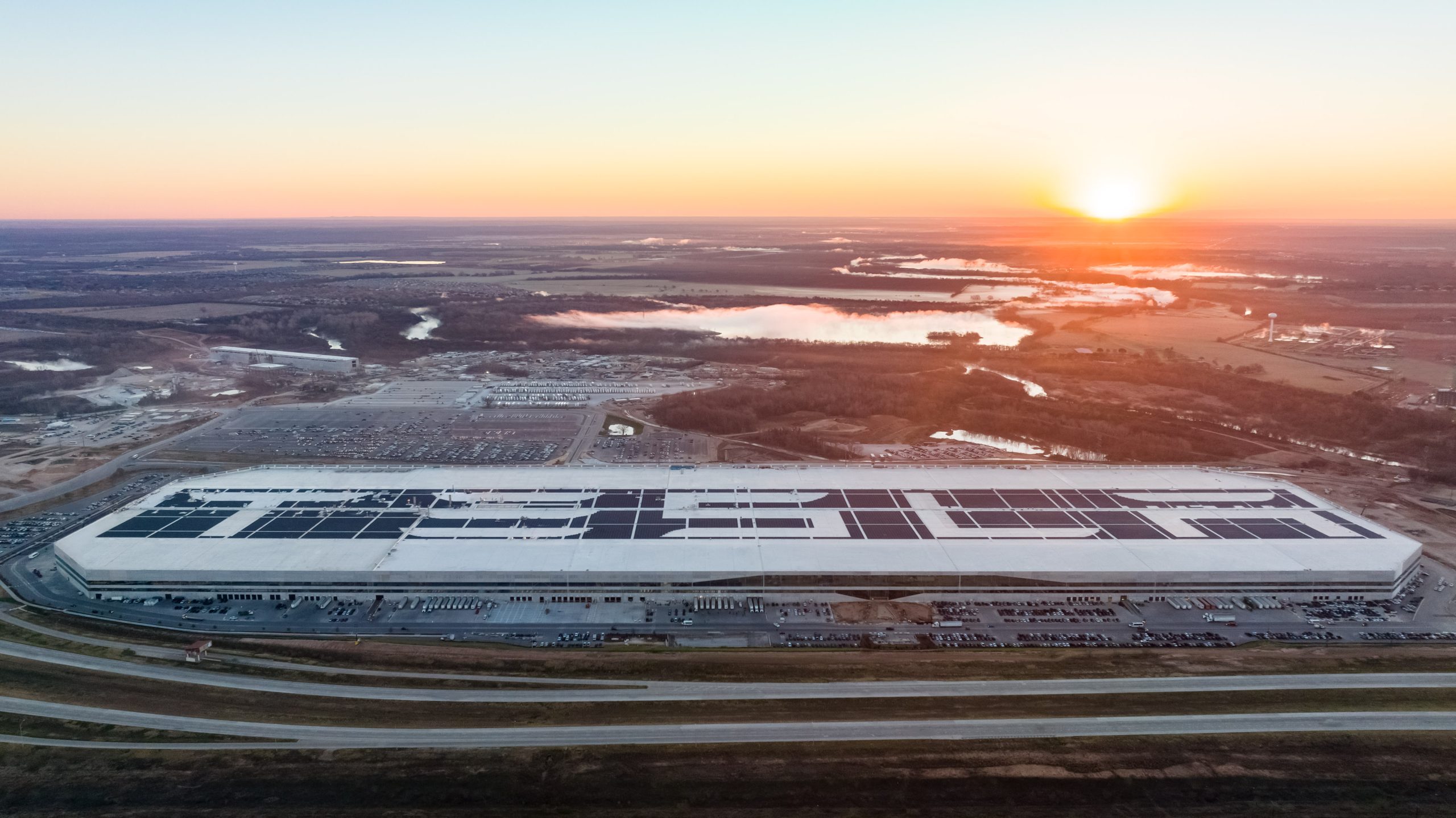
Tesla executive Raj Jegannathan is moving on from the company after 13 years, he announced on LinkedIn on Monday.
“It is challenging to encapsulate 13 years in a single post. The journey at Tesla has been one of continuous evolution. From the technical intricacies of designing, building, and operating one of the world’s largest AI clusters to impactful contributions in IT, Security, Sales, and Service, it has been a privilege to serve,” Jegannathan said in the post.
After starting as a Senior Staff Engineer in Fremont back in November 2012, Jegannathan slowly worked his way through the ranks at Tesla. His most recent role was Vice President of IT/AI Infrastructure, Business Apps, and Infosec.
However, it was reported last year that Jegannathan had taken on a new role, which was running the North American sales team following the departure of Troy Jones, who had held the position previously.
While Jegannathan’s LinkedIn does not mention this position specifically, it seemed to be accurate, considering Tesla had not explicitly promoted any other person to the role.
It is a big loss for Tesla, but not a destructive departure. Jegannathan was one of the few company executives who answered customer and fan questions on X, a unique part of the Tesla ownership experience.
Tesla to offer Full Self-Driving gifting program: here’s how it will work
It currently remains unclear if Jegannathan was removed from the position or if he left under his own accord.
“As I move on, I do so with a full heart and excitement for what lies ahead. Thank you, Tesla, for this wonderful opportunity!” he concluded.
The departure marks a continuing trend of executives leaving the company, as the past 24 months have seen some significant turnover at the executive level.
Tesla has shown persistently elevated executive turnover over the past two years, as names like Drew Baglino, Rohan Patel, Rebecca Tinucci, Daniel Ho, Omead Afshar, Milan Kovac, and Siddhant Awasthi have all been notable names to exit the company in the past two years.
There are several things that could contribute to this. Many skeptics will point to Elon Musk’s politics, but that is not necessarily the case.
Tesla is a difficult, but rewarding place to work. It is a company that requires a lot of commitment, and those who are halfway in might not choose to stick around. Sacrificing things like time with family might not outweigh the demands of Tesla and Musk.
Additionally, many of these executives have made a considerable amount of money thanks to stock packages the company offers to employees. While many might be looking for new opportunities, some might be interested in an early retirement.
Tesla is also in the process of transitioning away from its most notable division, automotive. While it still plans to manufacture cars in the millions, it is turning more focus toward robotics and autonomy, and these plans might not align with what some executives might want for themselves. There are a wide variety of factors in the decision to leave a job, so it is important not to immediately jump to controversy.
News
Lemonade launches Tesla FSD insurance program in Oregon
The program was announced by Lemonade co-founder Shai Wininger on social media platform X.
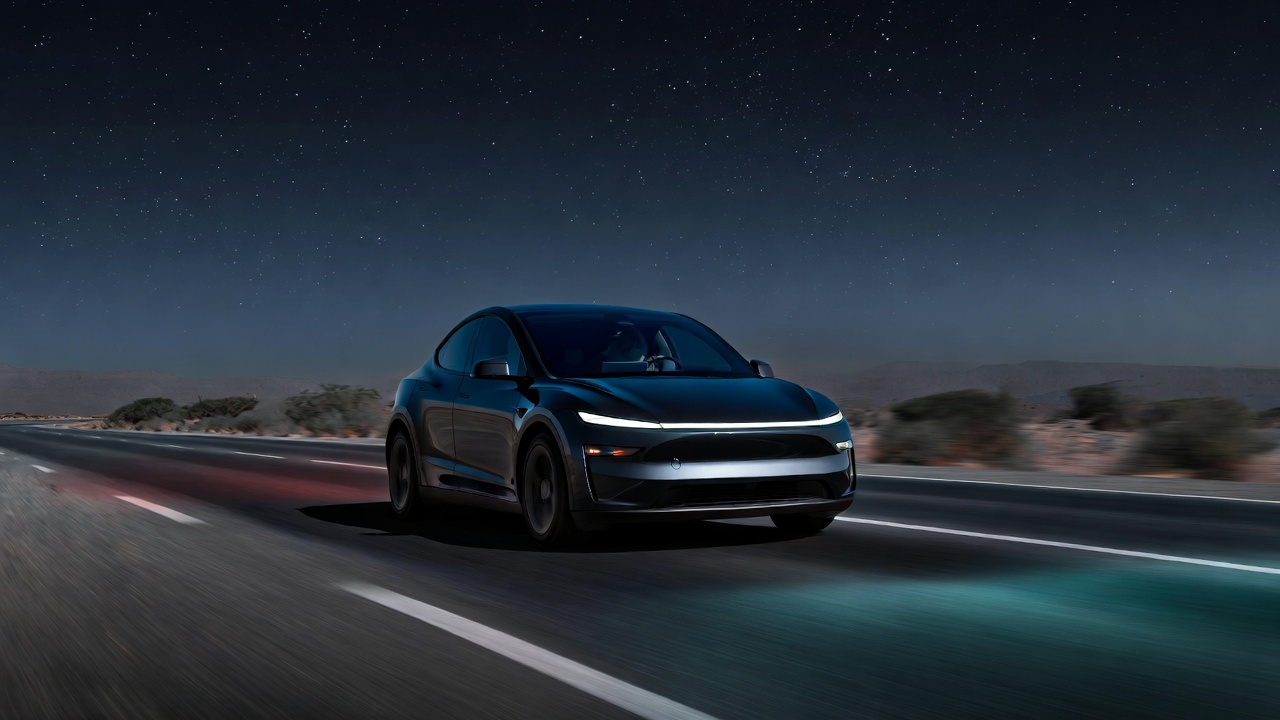
Tesla drivers in Oregon can now receive significant insurance discounts when using FSD, following the launch of Lemonade’s new Autonomous Car insurance program.
The program was announced by Lemonade co-founder Shai Wininger on social media platform X.
Lemonade launches FSD-based insurance in Oregon
In a post on X, Wininger confirmed that Lemondade’s Autonomous Car insurance product for Tesla is now live in Oregon. The program allows eligible Tesla owners to receive roughly 50% off insurance costs for every mile driven using Tesla’s FSD system.
“And… we’re ON. @Lemonade_Inc’s Autonomous Car for @Tesla FSD is now live in Oregon. Tesla drivers in Oregon can now get ~50% off their Tesla FSD-driven miles + the best car insurance experience in the US, bar none,” Wininger wrote in his post.
As per Lemonade on its official website, the program is built on Tesla’s safety data, which indicates that miles driven using FSD are approximately twice as safe as those driven manually. As a result, Lemonade prices those miles at a lower rate. The insurer noted that as FSD continues to improve, associated discounts could increase over time.
How Lemonade tracks FSD miles
Lemonade’s FSD discount works through a direct integration with Tesla vehicles, enabled only with a driver’s explicit permission. Once connected, the system distinguishes between miles driven manually and those driven using FSD, applying the discount automatically to qualifying miles.
There is no minimum FSD usage requirement. Drivers who use FSD occasionally still receive discounted rates for those miles, while non-FSD miles are billed at competitive standard rates. Lemonade also emphasized that coverage and claims handling remain unchanged regardless of whether a vehicle is operating under manual control or FSD at the time of an incident.
The program is currently available only to Teslas equipped with Hardware 4 or newer, running firmware version 2025.44.25.5 or later. Lemonade also allows policyholders to bundle Tesla insurance with renters, homeowners, pet, or life insurance policies for additional savings.








